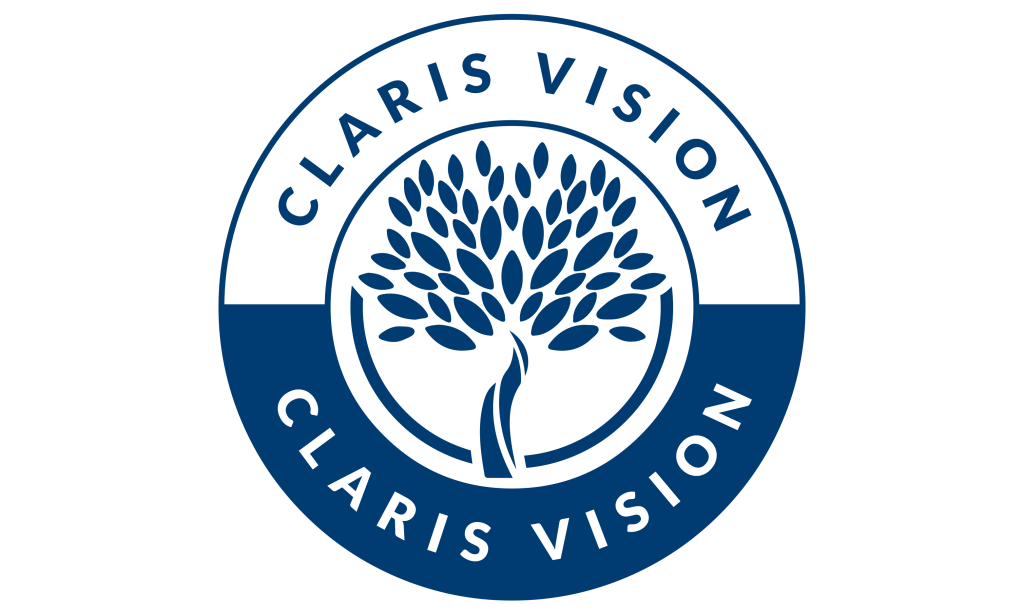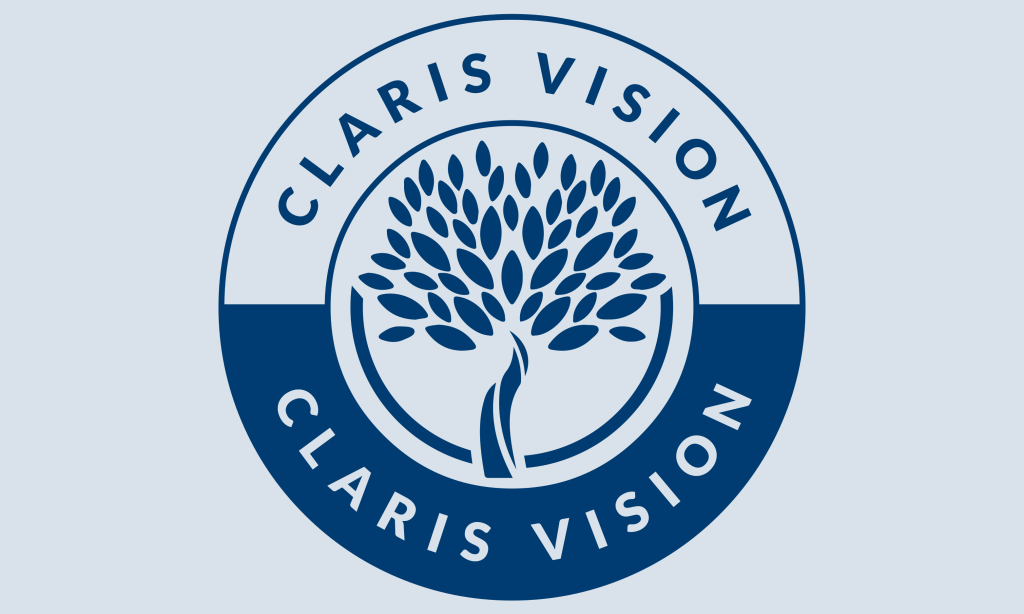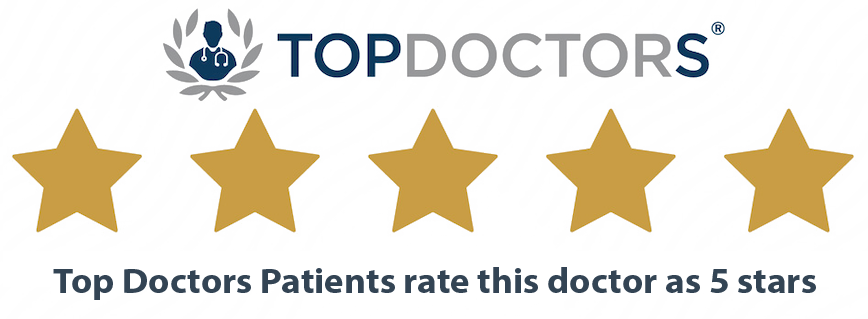What is a cataract?
A cataract is an eye condition, which affects the crystalline lens inside your eye and gradually makes you unable to see. To be more exact, the crystalline lens is a transparent lens behind the iris, the coloured part of our eyes. The older you get the more likely it is for a cataract to develop. The development of cataract means that the crystalline lens slowly becomes opaque. The loss of transparency of the lens, does not allow light rays to pass through and reach the retina, the part of the eye which, once it receives light stimuli, sends signals to our brain about what we see.
The development of cataract is gradual. This is why the first symptoms of cataracts revolve around poor quality eyesight, eventually and gradually leading to vision loss.
What are the symptoms of a cataract?
- Gradually blurred vision
- Reduction in the clarity of vision
- Double vision
- Ghosting effect
- Difficulty in doing activities that require a lot of visual attention, like driving, knitting, or reading
Cataracts do not just develop one day. Instead, it takes time – years to be more precise – for the cataract, or the clouding of the crystalline lens, and the symptoms to develop. This is why it is difficult to appreciate that you may be suffering from a cataract early on without being diagnosed by your optician or ophthalmologist (eye doctor). This also explains why all the symptoms mentioned above are gradual in onset.
What are some popular myths about cataracts?
Myth 1: Your vision will be perfect after standard cataract surgery
During the surgery, the doctor removes the cataract, replaces the lens with a new one and then light rays can pass through the new lens and reach the retina clearly.
Although the vision improvement is spectacular, cataract surgery does not restore all the properties of the natural crystalline lens, such as accommodation for near vision. The monofocal lens, which is the most common lens used in this type of surgery, usually does not help people with reading. There are other options such as multifocal lenses available, however, to enable you to get rid of your reading glasses.
Myth 2: Your cataract needs to be ripe in order to be surgically removed
This is not the case. From the moment a cataract is diagnosed, having it removed is a safe procedure. Studies actually show that ‘mature’ and advanced cataracts are more likely to have complications during surgery.
It is not necessary to have cataract surgery if you can see clearly, but having regular eye examinations and being mindful of any cataract-related symptoms are highly recommended.
Myth 3: Only elders suffer from cataracts
It is true that the older you are the more likely it is to develop a cataract. This happens due to the gradual loss of elasticity and ageing processes in the lenses of your eyes, which occur over time.
It is possible, however, for young people to suffer from cataracts. Metabolic syndromes, excessive steroid use, eye injuries and previous eye surgeries are the main causes of cataracts in younger individuals.
Myth 4: You can treat cataracts without surgery
The only way to treat cataracts is by having cataract surgery. No food or eye drops can help with clearing the cloudiness of your lenses and restoring their natural properties.
Cataract surgery is one of the most common and the safest surgeries performed in the UK and in the whole world. The possibilities of something going wrong during the surgery are very small, the surgery is usually performed in 20-30 minutes and does not involve an overnight stay in hospital.
If you want to learn more about cataracts, check our cataract-related page on our website. You can book an appointment by completing the form on our contact page or by calling 02381 812281.



